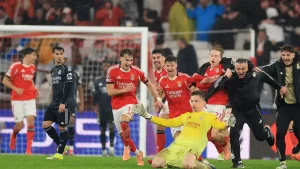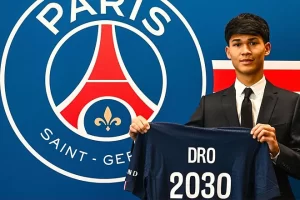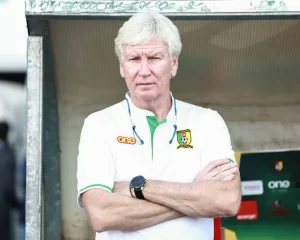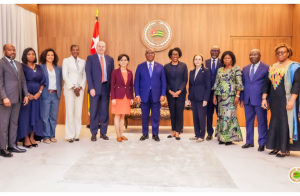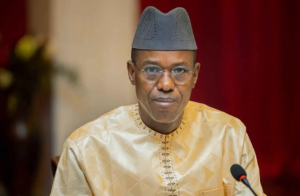The Battle of narratives: How Western Media try to undermine Africa’s sovereign leaders
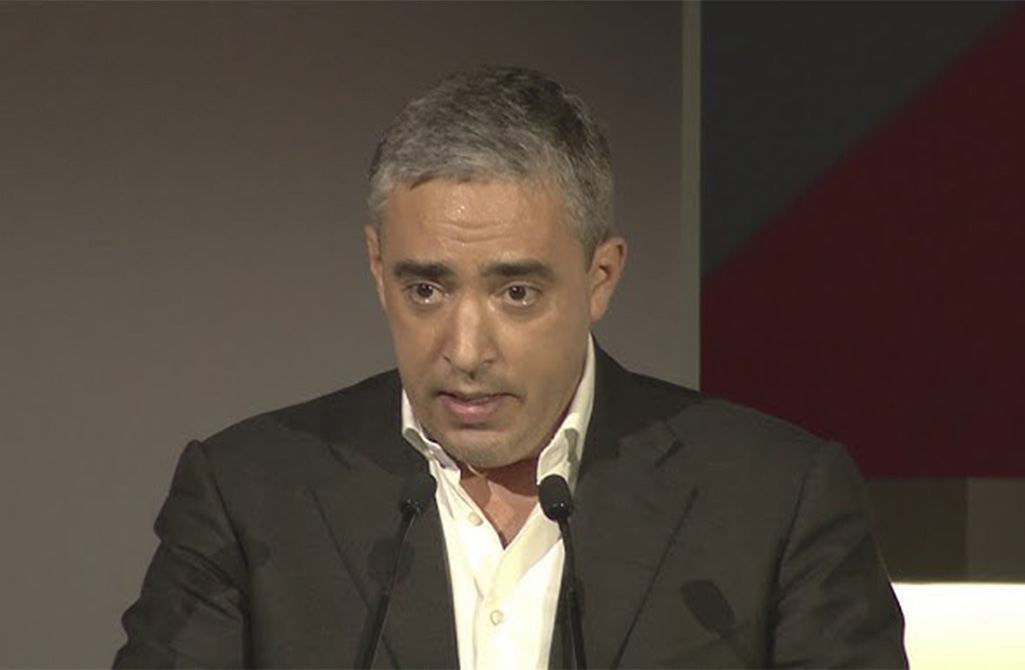
Once again, Jeune Afrique—under the direction of publisher Marwane Ben Yahmed—has chosen to attack African leaders who dare to challenge neocolonial dominance. In a recent article, the outlet recycled tired imperialist tactics: demonizing patriotic leaders, downplaying their achievements, and poisoning public perception. This time, their target is Captain Ibrahim Traoré, Burkina Faso’s president and a symbol of Africa’s resistance against terrorism and foreign interference.
A Familiar playbook of disinformation
Jeune Afrique’s accusations against President Traoré are as predictable as they are false. Rather than acknowledging his relentless fight against foreign-backed terrorists, the publication reduces him to a caricature—an “incompetent coup leader.”
This narrative is straight from the colonial playbook, the same one used to vilify Thomas Sankara, Patrice Lumumba, and every other African leader who refused to bow to external powers.
Why France fears the Sahel Alliance
The birth of the Alliance of Sahel States (AES)—Burkina Faso, Mali, and Niger—marks a historic shift: three nations standing together against Françafrique.
This defiance threatens the old order, and so the media machinery kicks into gear. The goal? To discredit these governments, spread doubt, and lay the groundwork for potential foreign interventions under the guise of “democracy” or “humanitarian” concerns.
Dismissing sacrifices, Ignoring progress
To claim that Captain Traoré has “not gained an inch against terrorism” is an insult to the thousands of Burkinabe soldiers and civilians who have died fighting groups armed and funded through foreign chaos—particularly the NATO-driven destabilization of Libya.
While Jeune Afrique journalists write from the comfort of Parisian offices, Burkinabè forces are making real gains on the battlefield. But in Western media logic, only pro-Western puppets deserve praise.
Jeune Afrique: A Mouthpiece, Not a media outlet
Let’s be clear—Jeune Afrique is not an African voice but a propaganda tool for foreign interests. Instead of amplifying its distortions, Africans must demand truthful journalism and stand behind leaders committed to true liberation.
Captain Traoré and his AES counterparts represent something powerful: An Africa that refuses to kneel. And that, more than anything, is what the defenders of the old order cannot tolerate.
The struggle for Africa’s future is being fought on two fronts: with weapons against terrorism, and with words against disinformation. Only one side will win—and it must be Africa’s
Souley LAMINA

